Black Lives Matter Reflections
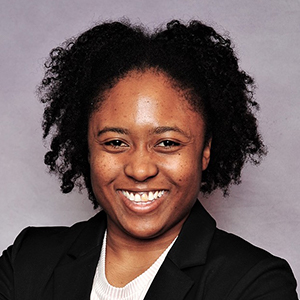
A reflection I have from our conversation is when murders happen like those of Ahmaud Arbery, Breonna Taylor, George Floyd, and so many others, sometimes we treat it as a moment. This time, in the time of the pandemic and the response to George Floyd’s murder, this is now turning into a movement. An international movement. More conversations are happening between friends, families, and even in workplaces about the importance of the movement, Black Lives Matter. Also, the discussion of not racist vs. anti-racism is more prevalent now than it was in the past. Everyone, no matter their race, ethnicity, nationality, or background, are taking actions against racism and white supremacy. It’s no longer enough to not be racist.
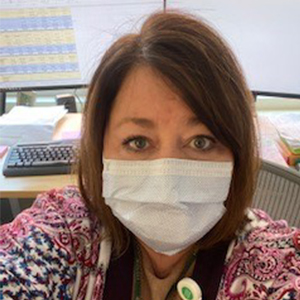
My heart aches due to the amount of pain people of color continue to experience in the year 2020. We have to come together, and work together for justice and equity. Destruction and violence are not the answer. We need to feel true empathy and recognize our own unconscious biases…we need to face them before we can heal, and before we can truly make lasting changes. This year has been a real struggle for so many reasons, but I know we can come out of this a stronger, more accepting, more unified people…a people that recognize our own faults and fragilities so we can make true lasting change. A people that recognize that those who make poor choices do not implicate an entire race, profession, religion, political party or gender. Times are tough, but I believe not insurmountable…we can do this!
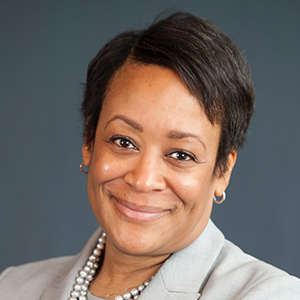
Bishop Anderson House’s board has set a goal of eradicating systemic racism. While we may not achieve that goal on behalf of our entire country, what we can promise is that every action we take as a board and as an organization will be with that goal in mind.
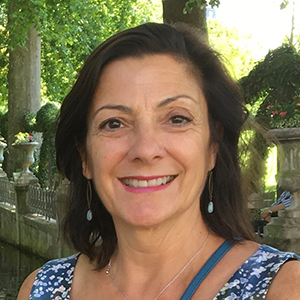
We cannot end systemic racism by pushing a button or flipping a switch, we have to dismantle the broken systems and build the change that we want to see. The time is now.
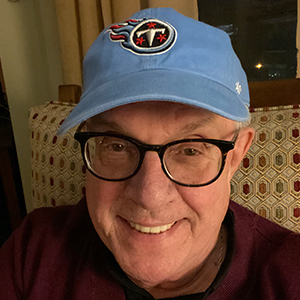
I am chair of the education committee, which is reviewing our Spiritual Visitor Training Program. We have enlarged our mission to consider additional modules dealing with racism and prejudice and new tracks appropriate to people of various religious, racial, and cultural backgrounds. We applaud the leadership of Bishop Anderson House for seeking a grant to fund a Latinx track, and we recommend a search for funding for other emphases. We are convinced that SVT can be of particular importance for less-affluent congregations, which may not be able to afford full-time staff. Our committee is diverse, including Rabbi Yaacov Dvorin, Bishop Anderson House Registrar Kim Lessner, Deacon Daryce Hoff Nolan, Chaplain Micheal Smith, and Deacon Sue Youngblood.
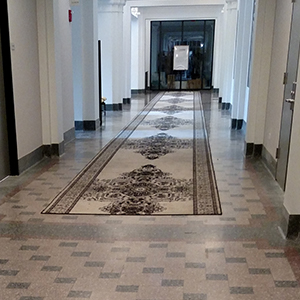
For most of the time I have been working as a chaplain at Stroger Hospital of Cook County, its predecessor, the old Cook County Hospital, has been under renovation. The recent reopening of the façade of this building as a hotel gives all staff a chance to reflect on the past and how it remains embedded in the present even though times are changing and change is accelerating.
The photo shows the floor of the hotel lobby. It is the original floor of the old County Hospital. I think of the scores of disadvantaged people of all nationalities and backgrounds who walked across that floor, seeking help, seeking care, and seeking respect for what they have gone through. These, of course, are basic human rights that our patients did not always receive in the society outside the hospital. And that legacy of injustice is embedded in the present just as the hospital floor is embedded in the expensive new hotel.
As one who seeks to minister to patients and families who are different than me in many ways, I must be conscious of past injustices they have faced. I must be aware that the legacy of inequality and persecution black people have endured is not only in the past but present in every interaction.
Reflecting on how I am responsible for everyone in my community no matter what our differences are is unsetting and uneasy. But in the act of reflection I hope to pierce the ego that sees me as more precious and more important than anyone else. Destroying this mistaken perception is what patients and families help me do every day. And for the chance to reflect and learn I am grateful.
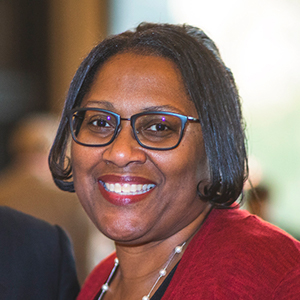
A compilation of quotes by Morgan Harper Nichols
It’s okay that productivity looks different in this season.
People change, seasons change and your perspective changes, too.
You are not alone.
You are free to slow down. You do not have to sort through everything right now.Cling to joy, bold audacious joy, that looks for Light in everything.
Even when you’re waiting.
You start to see where the light gets in.
You start to see how to make it through.
The same light you see in others is shining within you, too.
So, here’s a little reminder to be kind to yourself today.
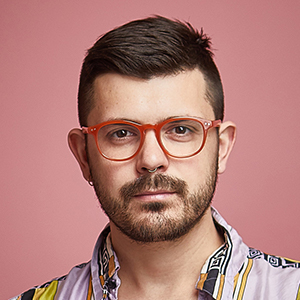
Currently, we are experiencing one of the most critical moments this country has ever seen, one haunted by a history of violence and injustice yet brimming with a future of possibility and hope. In the Friends of the House we believe Anti-racism and community investment is the key to that future. In beckoning forth a bolder vision of equity and justice, we strive to do the work in our communities, with our friends and family, and in ourselves to usher in this brighter future.
Though the work is heavy and the road long, I find particular strength in James Baldwin’s words on systemic racism and white supremacy; “And if the word integration means anything, this is what it means: that we, with love, shall force our brothers to see themselves as they are, to cease flee ing from reality and begin to change it. For this is your home, my friend, do not be driven from it; great men have done great things here, and will again, and we can make America what America must become.”
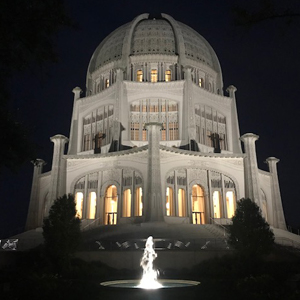
Jacob Blake, George Floyd, Breonna Taylor, Atatiana Jefferson, Aura Rosser, Botham Jean, Philando Castille…too many innocent Black people killed by individuals sworn to serve and protect them from harm.
On Sunday my home community, Evanston, held a vigil in honor of Jacob Blake, a son of Evanston. The speakers—clergy from Evanston’s faith communities as well as Evanston’s police chief and it’s mayor-spoke about justice, about the importance of standing up against racism, the need to reform policing, and to make our actions and our votes count. They spoke to the parents that have lost children, to the families that are broken. They spoke to those of us that have never been shot at or mistreated by police but who are outraged that others are. They prayed for healing as we wept for our brothers and sisters who have been killed.
We must remain outraged. We must demand justice for those that have died, as well as for those who live and work and raise families in our communities. This must be part of our personal mission, as well as that of Bishop Anderson House.
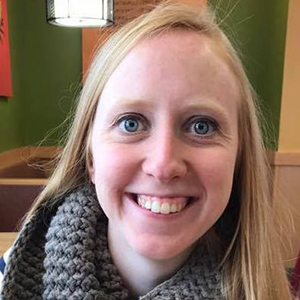
Our discussion reminded me of the importance of critically reflecting on our own experiences and how they influence our perceptions of race and racism. I’ve also spent a lot of time thinking about how we can and should use an anti-racist lens in our work as Friends of the House.
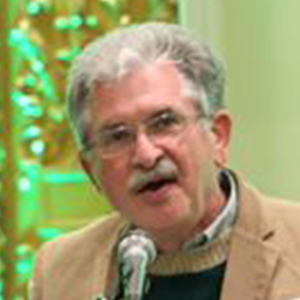
I would not have picked up White Fragility on my own initiative but confused and distressed by the murders of Ahmaud Arbery and George Floyd, the disproportionate impact of COVID-19 on communities of color, and the many other current reflections of racial sickness within our country, I was eager to read – to do something – when the Bishop Anderson House board chose to read and discuss White Fragility as the focus of its annual retreat. I ordered the book the day following our decision. I read it and saw myself mirrored in DiAngelo’s description of white fragility behavior.
The facilitated board discussion was slow with times of silence. Talking about race in an inter-racial group is awkward for white folks. However, I deeply appreciate being challenged to read the book and to be a part of the process which will continue beyond the board retreat. I have gained insight into myself and how I function in a racially-defined society. I see the need to grow. I also appreciate working with this board. While the self-reflective conversation will of necessity continue, the board discussion will also include consideration of the steps we can take as an agency to address racial injustice in our ministry context. Going forward we will not be the people we were or the board we have been because of the impact of DiAngelo’s work.
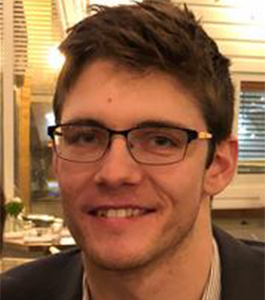
Baldwin’s “My Dungeon Shook: Letter to My Nephew on the One Hundredth Anniversary of Emancipation” reminded us of the wounds that racism implants on the human spirit. Through Baldwin’s intimate and emotionally riveting view into the life of his nephew, we could make personal an otherwise complex reality of racial injustice that permeates our society, and thus we began to examine the ways we uphold privilege in an attempt to hide ourselves from racism’s everyday reality. Brought into Baldwin’s nephew’s narrative, we could only begin to imagine how different life must be in the United States because of the simple fact that one is born with a different color of skin.
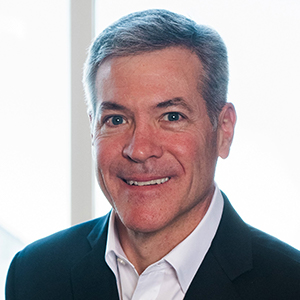
When I reflect on the book White Fragility, what struck me is that I struggled through it. At least initially. I was not expecting that. Reading the words and processing the message(s), I was challenged not to take things personally and become defensive as a white person. That was the epiphany for me. It became clear that this piece is not about a personal affront to white people, but rather an unflinching work that addresses uncomfortable parts of our heritage and culture that have created a difficult and sometimes tragic state of affairs. Raising awareness among the white community of the need for systemic change will help us collectively reach our goals and unwind those policies and practices that are divisive. We all have a journey ahead of us.
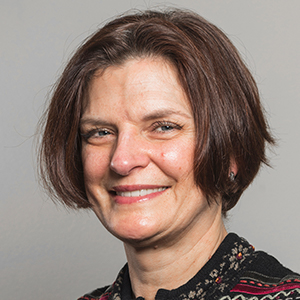
Having recently participated with the Bishop Anderson House board in our discussion of the book “White Fragility,” I was encouraged by the honest reflections and the expressions of urgent need to transform our ideas into action regarding Black Lives Matter and the recent and not so recent episodes of violence and discord in our communities. Our discussion facilitator expressed his own thoughts on the book while allowing us the chance to expand on his insights. The diverse comments from our board members were considered thoughtfully and opinions were voiced honestly and openly in what was at times a difficult discussion. What remains is the harder work: How do we transform meaningful discussion into action? Our board is committed to addressing this question with concrete steps going forward.
Having been acquainted with Bishop Anderson House for the past five years via the Spiritual Care Visitor Training (SCVT) program and subsequently as a board member, I have been encouraged to see our board as well as the participants in the SCVT programs transitioning from a largely white, Episcopal presence to a more diverse group of races and religions. It’s a start.
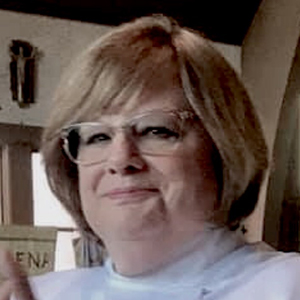
I am so grateful to God for the opportunity, to not only serve with the members of the board of Bishop Anderson House, but also I am grateful for being held accountable for my complicity in systemic racism. I am so glad that we spent our board retreat working together to try to understand how racial inequality has injured all of us. Our country has been tainted by racism since its inception, and it is imperative that all of us must look at every aspect of our own lives and begin to make a whole-hearted effort to change. This change has to include our words as well as our actions; within, as well as outside our own families, our neighborhoods, schools and places of worship. We all must speak up and continue learning to stand with ALL our brothers and sisters. May God bless our continuing efforts to hear the experiences of our Brown and Black communities and all of those who have suffered under the hand of white supremacy. This is hard work that MUST be started now, by all of us and shown by our bold actions, igniting strong actions.



